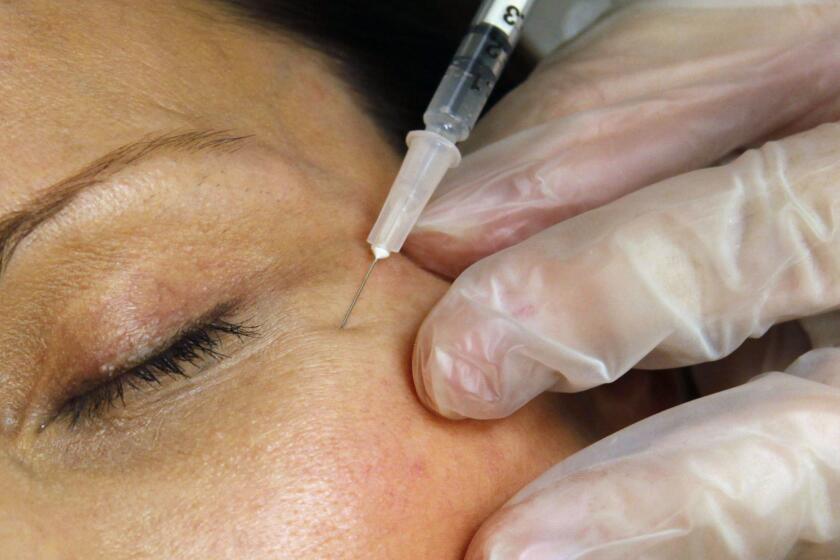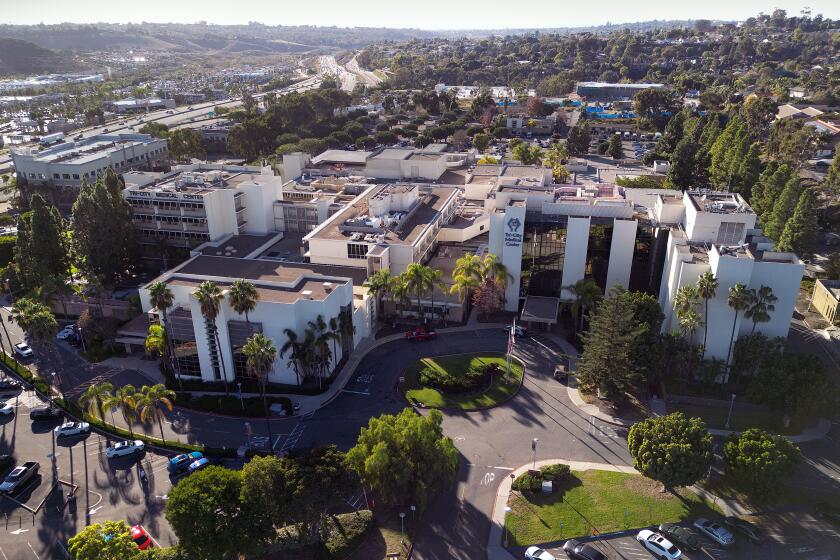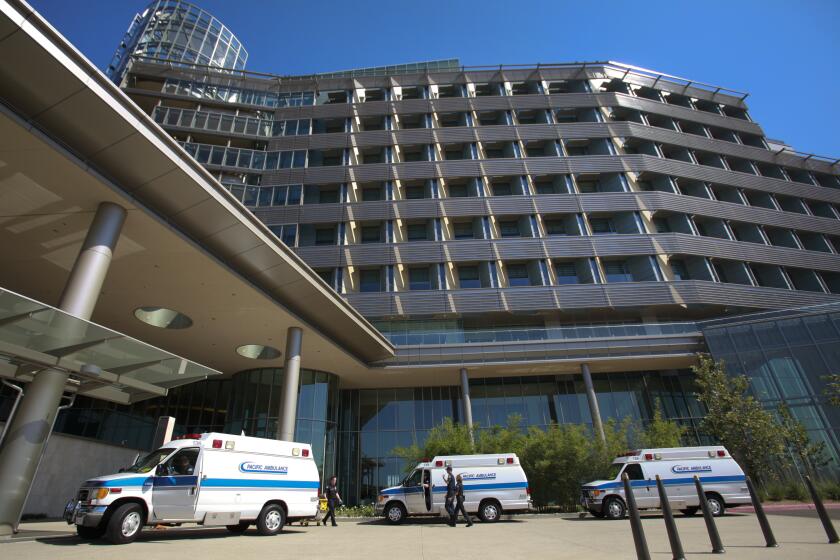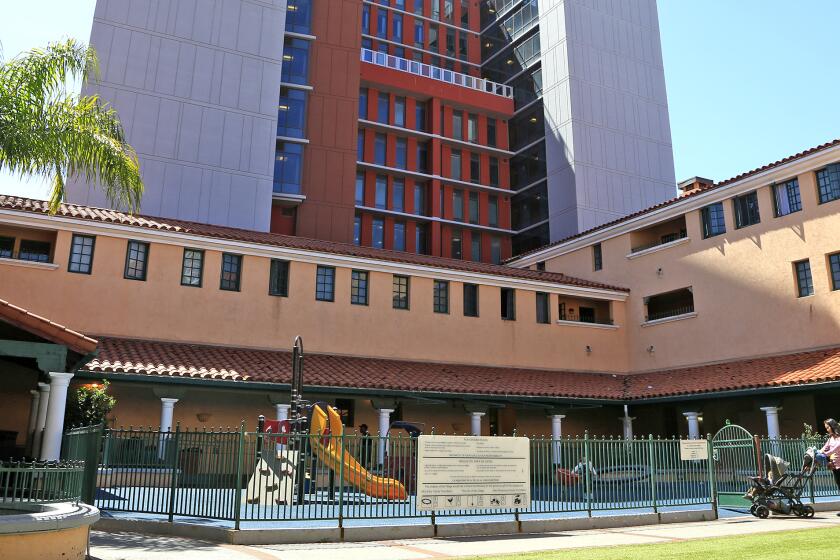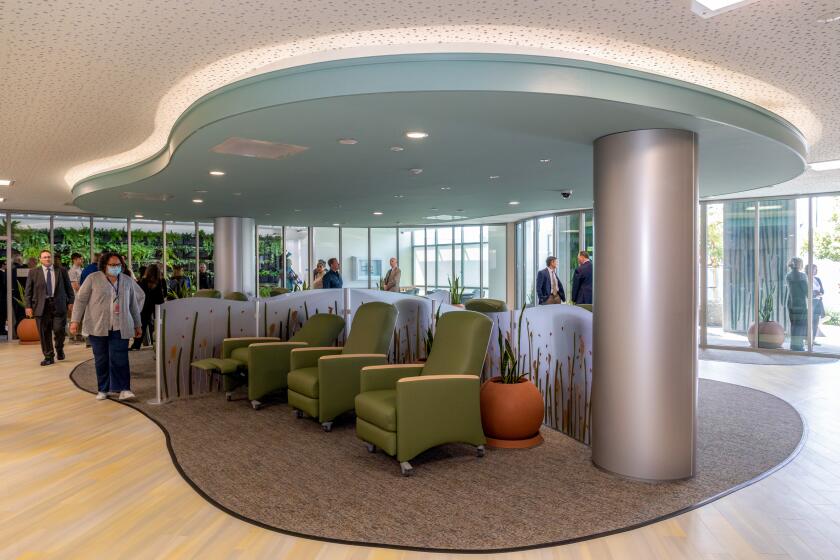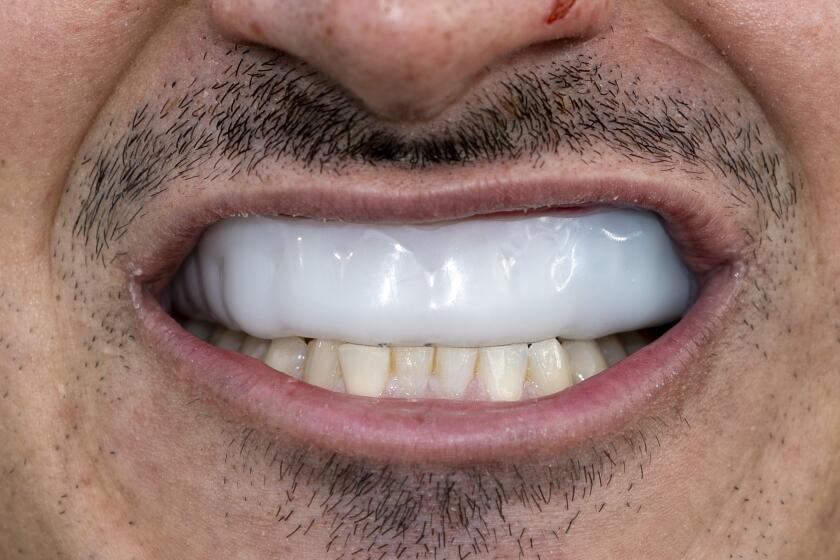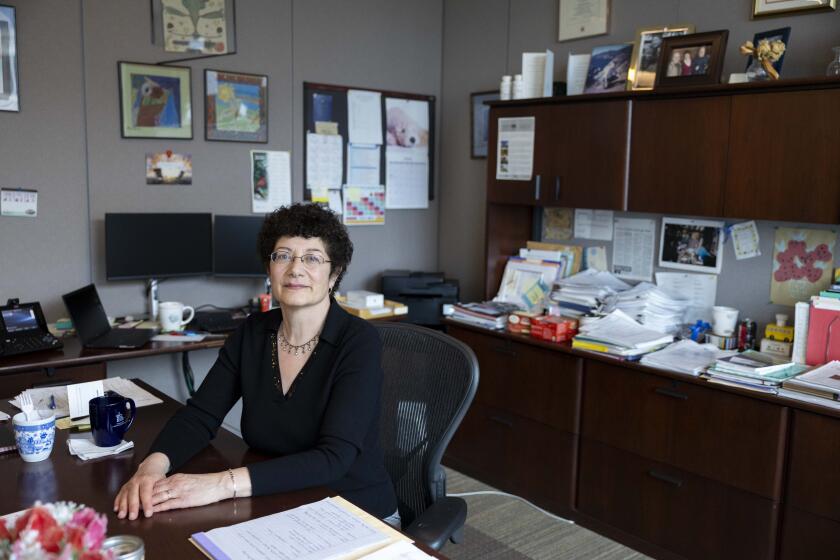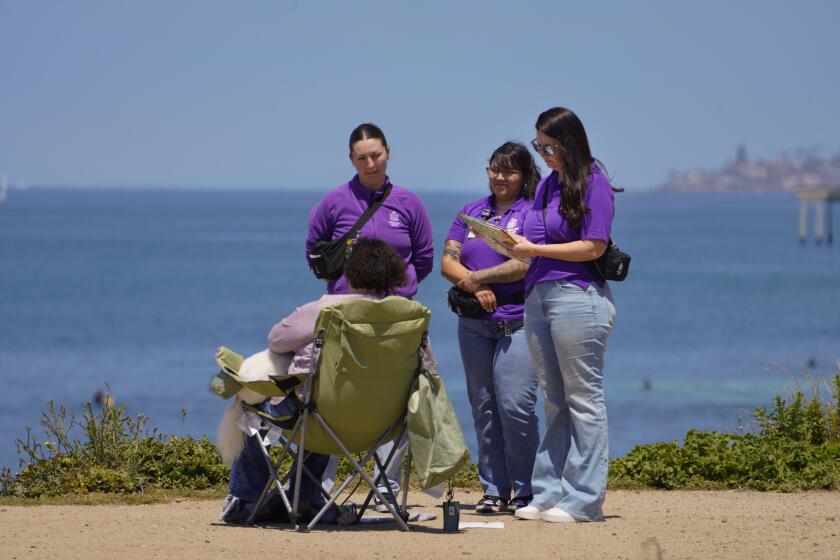UCSD says it’s seeing significant bump in Omicron cases
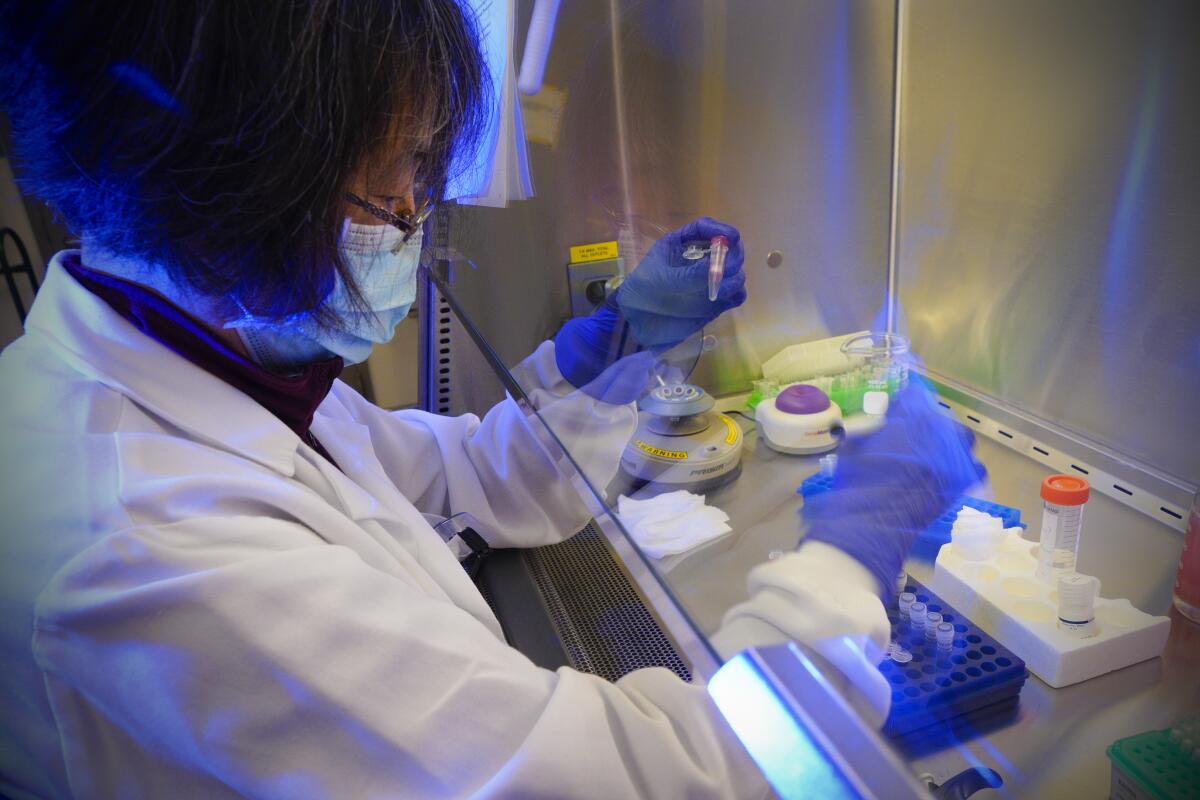
Researcher: ‘I can say with fairly high confidence that we are already in the midst of a surge’
San Diego County’s most recent public health report lists just six confirmed Omicron cases across the region, but UC San Diego researchers say that the fast-spreading variant of the coronavirus likely already makes up at least 20 percent of all new cases.
Dr. David Pride, director of molecular microbiology at UC San Diego Health, said UCSD labs use a specially designed test called an assay that can provide a crucial hint that some positive test results were very likely caused by one of several variants, including Alpha and Omicron.
Only time-consuming whole genome sequencing can confirm which variant is involved, but the assay, Pride said, provides an avenue to gauge the prevalence of Omicron in about 24 hours, much faster than full genetic analysis, which can take weeks.
“It’s not 100 percent; it just tells us what is probably going on and what’s probably going on is that Omicron is a lot more prevalent than is being discussed in some of the reports,” Pride said.
All positive hits on the assay, he said, have so far turned out to be confirmed Omicron cases when they subsequently undergo full genetic sequencing. The early hint, though, is already being used to offer more tailored treatment to those strongly suspected to have an Omicron infection.
The university, which generally tests its own population of employees, students and patients in its health care system, has so far confirmed 10 Omicron cases in addition to the cases the county has announced, though more are still in the sequencing pipeline, Pride said.
The county health department said that the 10 UCSD Omicron cases are not duplicates of the six it has already announced and said that they were not included in Wednesday’s report because the county’s public health lab did not receive them until after the weekly variant update was released.
As to Pride’s assertions that the number of confirmed cases very likely vastly underestimates the amount of Omicron in the community, the county did not disagree.
“We are already expecting an increase in Omicron cases and have already consistently reported that it is spreading locally, will likely be the dominant strain by the end of the month and repeated the precautions that should be taken,” the county’s statement said.
Of course, UCSD’s results are not necessarily perfectly representative of the entire county’s coronavirus status. It was unclear Thursday whether other local labs doing sequencing work were also using custom assays.
“It is worth noting that UCSD’s patient population is not necessarily like the rest of the county,” the health department statement said.
Getting vaccinated, or getting a booster shot, is thought to be the most effective precaution, with mask wearing and avoidance of large crowds also high on the list.
Fresh signs of the virus’s spread appeared Thursday as the Golden State Ballet cancelled its Thursday and Friday performances of The Nutcracker at San Diego Civic Theatre after one member of the company had a positive coronavirus test.
But a visit to a local grocery store, bar or restaurant shows that most aren’t modifying their behavior much.
Pride said the scant number of confirmed Omicron cases creates a public perception that the variant is barely here at all.
“I think people have a bit of a false sense of security right now that it’s coming, it’s just kind of rising a little bit,” Pride said. “I can say with fairly high confidence that we are already in the midst of a surge.”
UCSD is already acting on the results of its assay work, using the data to offer Sotrovimab, a monoclonal antibody treatment given emergency approval in May, to patients with mild to moderate coronavirus infections.
The drug, noted Dr. Shira Abeles, an infectious disease specialist at UCSD, is thought to work better against Omicron than REGEN-COV, the two-drug cocktail that has proven highly effective against Delta.
“We gave our first dose this morning to somebody who we suspected had Omicron, and we anticipate pretty much in a few days it will be almost all that we give,” Abeles said.
Monoclonals are lab-created proteins designed to mimic the protective antibodies that the human immune system produces to help fight off coronavirus infection. If given early enough, the drugs can significantly reduce the probability of severe disease and death.
Because UCSD is running the vast majority of positive test results through its variant assay, and that diagnostic test does not pick up Delta, still the majority variant circulating in San Diego, it’s possible to offer Sotrovimab only to those likely to have Omicron infections, giving REGEN-COV to those who have Delta infections.
“We wouldn’t be able to do it if we had to wait for sequencing results,” Abeles said.
Get Essential San Diego, weekday mornings
Get top headlines from the Union-Tribune in your inbox weekday mornings, including top news, local, sports, business, entertainment and opinion.
You may occasionally receive promotional content from the San Diego Union-Tribune.

